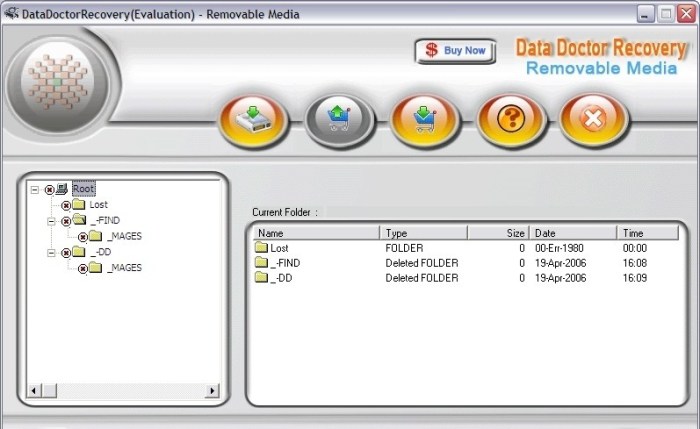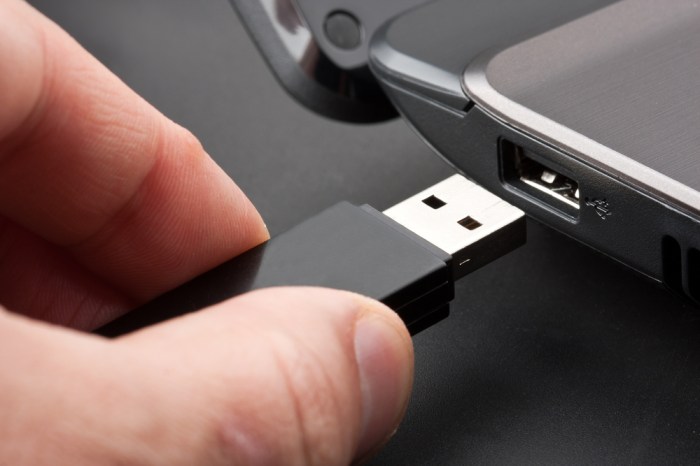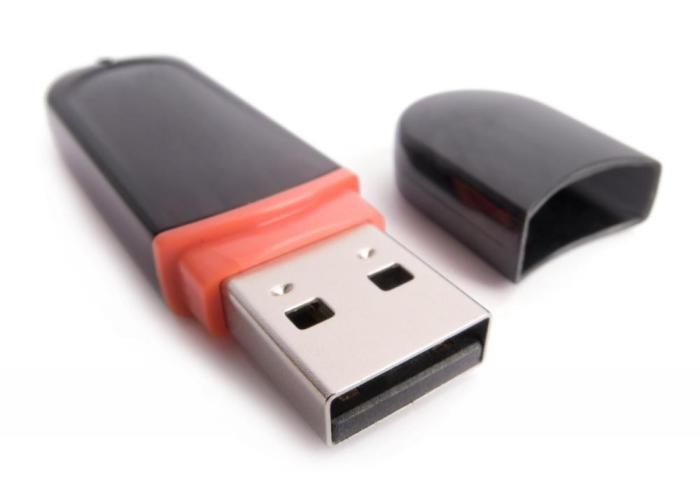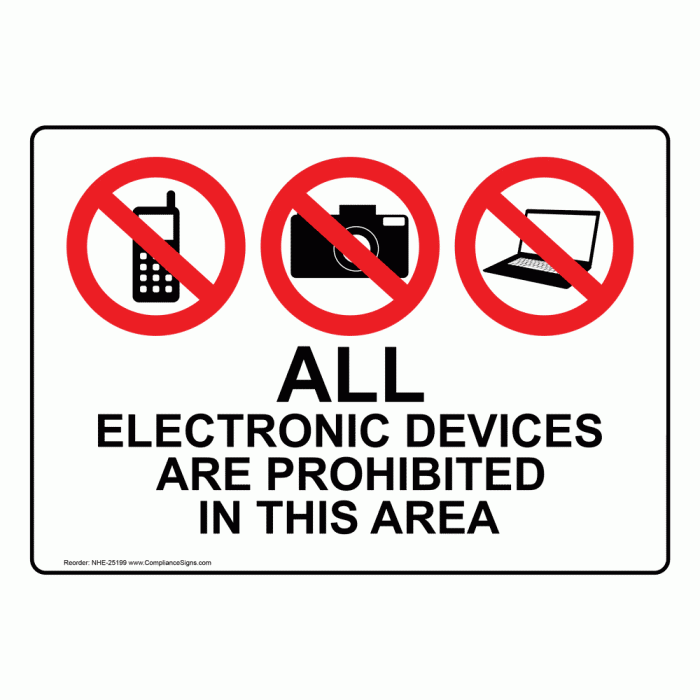Portable electronic devices and removable storage media v2 0 – In the realm of technology, portable electronic devices and removable storage media v2.0 have emerged as indispensable tools, revolutionizing data management and shaping the way we access and store information. This guide delves into the intricacies of these devices, exploring their evolution, capabilities, and future prospects.
From smartphones to external hard drives, portable electronic devices and removable storage media have transformed our lives, offering unparalleled convenience, storage capacity, and data transfer capabilities. This guide provides a comprehensive overview of the different types, advantages, and disadvantages associated with these technologies, empowering readers to make informed decisions and optimize their data management strategies.
Introduction

Portable electronic devices (PEDs) are small, lightweight electronic devices that can be carried and used anywhere. Removable storage media (RSM) are devices that can store data and can be easily removed from and inserted into PEDs.
PEDs and RSMs are closely related. PEDs need RSMs to store data, and RSMs need PEDs to access and use the data.
The history of PEDs and RSMs dates back to the early days of computing. The first PEDs were portable computers, such as the Osborne 1 and the Compaq Portable II. The first RSMs were floppy disks, which were used to store data on early personal computers.
Types of Portable Electronic Devices

There are many different types of PEDs, including:
- Smartphones
- Tablets
- Laptops
- E-readers
Each type of PED has its own unique features and capabilities. Smartphones are small, portable devices that can be used to make phone calls, send text messages, browse the internet, and run apps. Tablets are larger than smartphones and have more powerful processors, making them ideal for watching videos, playing games, and reading e-books.
Laptops are portable computers that can be used for a variety of tasks, such as word processing, spreadsheets, and presentations. E-readers are portable devices that are specifically designed for reading e-books.
Some of the most popular PEDs include the iPhone, iPad, Samsung Galaxy S series, and Microsoft Surface.
Types of Removable Storage Media

There are many different types of RSMs, including:
- USB flash drives
- SD cards
- External hard drives
Each type of RSM has its own unique capacities and speeds. USB flash drives are small, portable devices that can store up to 256 GB of data. SD cards are small, removable memory cards that can store up to 1 TB of data.
External hard drives are larger, portable devices that can store up to several TB of data.
Some of the most popular RSMs include the SanDisk Extreme Pro USB 3.1 Flash Drive, the Samsung EVO Plus microSDXC Memory Card, and the Seagate Backup Plus Portable External Hard Drive.
Advantages of Using Portable Electronic Devices and Removable Storage Media

There are many advantages to using PEDs and RSMs, including:
- Convenience
- Portability
- Productivity
- Data storage
- Backup
- Data transfer
PEDs are convenient because they can be carried and used anywhere. They are also portable, making them ideal for people who are always on the go. PEDs can be used to improve productivity by allowing people to work, learn, and play anywhere.
RSMs are convenient because they can be used to store large amounts of data. They are also portable, making them ideal for people who need to transport data between different devices. RSMs can be used to back up data, ensuring that it is safe in the event of a device failure.
RSMs can also be used to transfer data between different devices.
Disadvantages of Using Portable Electronic Devices and Removable Storage Media: Portable Electronic Devices And Removable Storage Media V2 0
There are also some disadvantages to using PEDs and RSMs, including:
- Security risks
- Battery life
- Cost
- Data loss
- Physical damage
- Compatibility issues
PEDs can be a security risk because they can be stolen or hacked. They can also be used to spread viruses and malware. PEDs have limited battery life, which can be a problem for people who use them for extended periods of time.
PEDs can be expensive, especially for high-end models. RSMs can be a risk for data loss if they are lost or damaged. They can also be physically damaged, which can make them unusable. RSMs may not be compatible with all devices.
Questions Often Asked
What are the primary advantages of using portable electronic devices?
Portable electronic devices offer numerous advantages, including convenience, portability, and increased productivity. They allow users to access and manage data, communicate, and perform various tasks on the go.
What are the different types of removable storage media available?
Removable storage media comes in various forms, such as USB flash drives, SD cards, and external hard drives. Each type offers varying capacities, speeds, and portability, catering to different data storage and transfer needs.
What are the key considerations when choosing a portable electronic device or removable storage media?
When selecting a portable electronic device or removable storage media, factors to consider include the intended use, storage capacity, compatibility, speed, and security features. Matching the device’s capabilities to specific requirements ensures optimal performance and data protection.